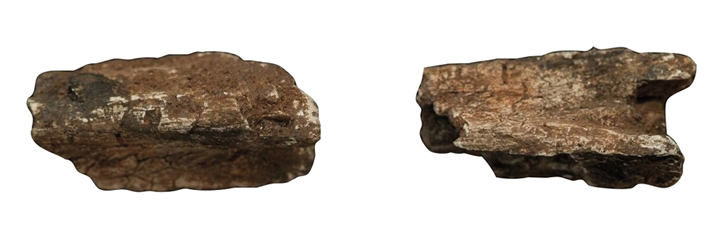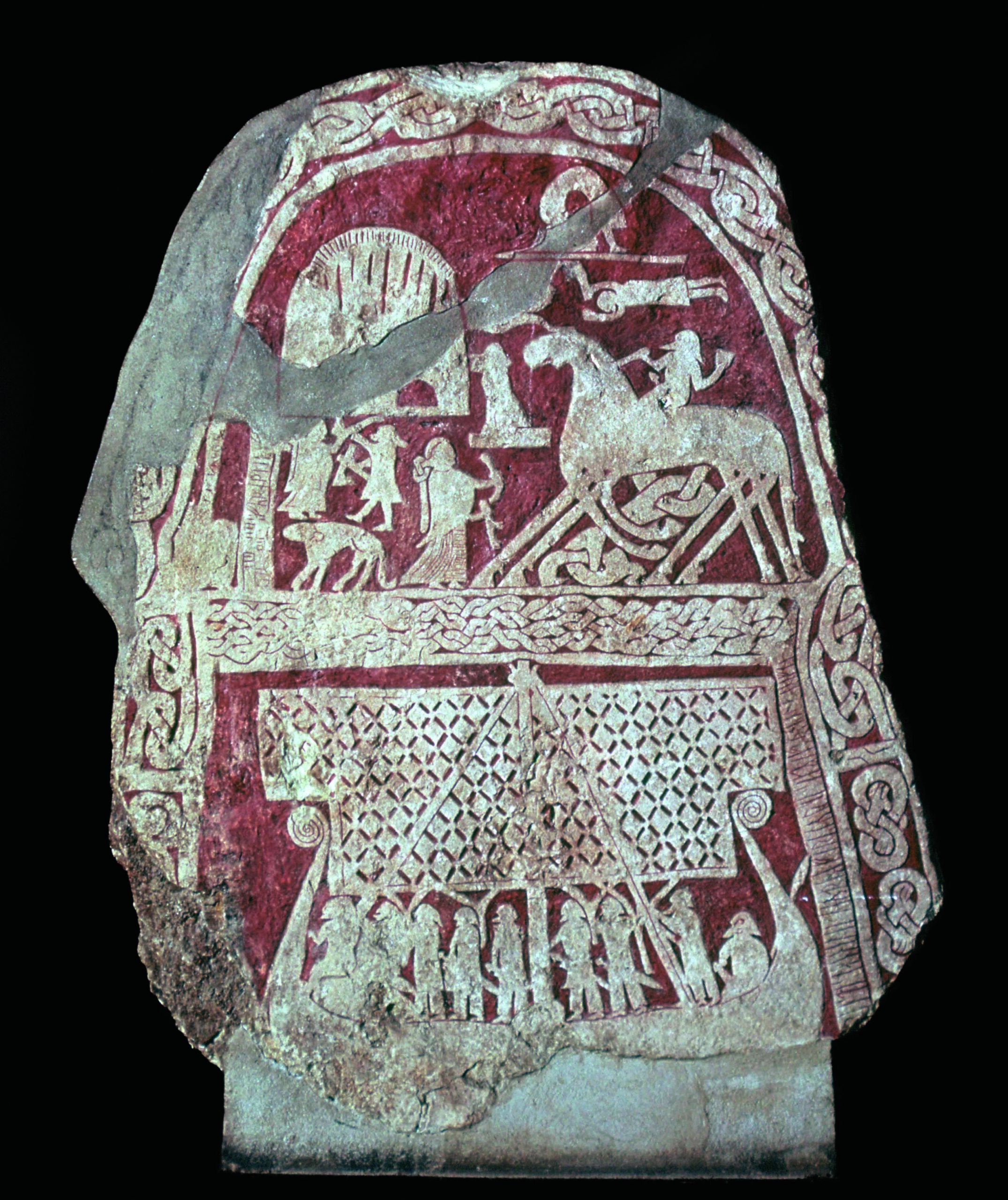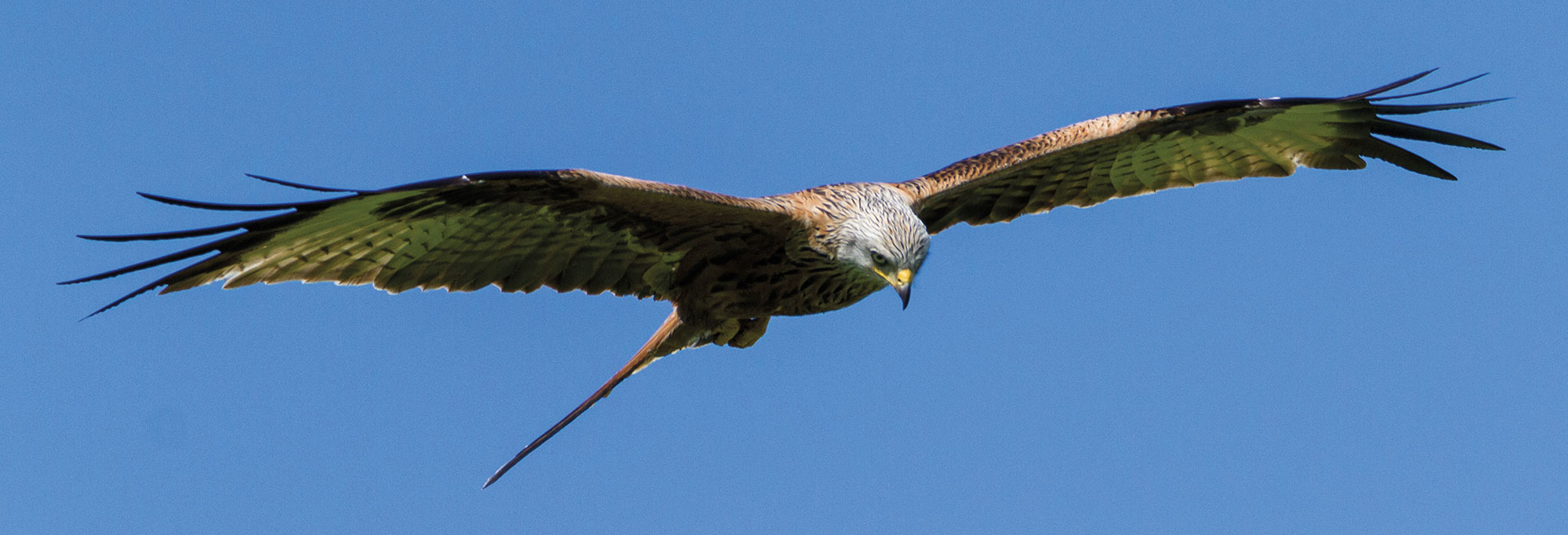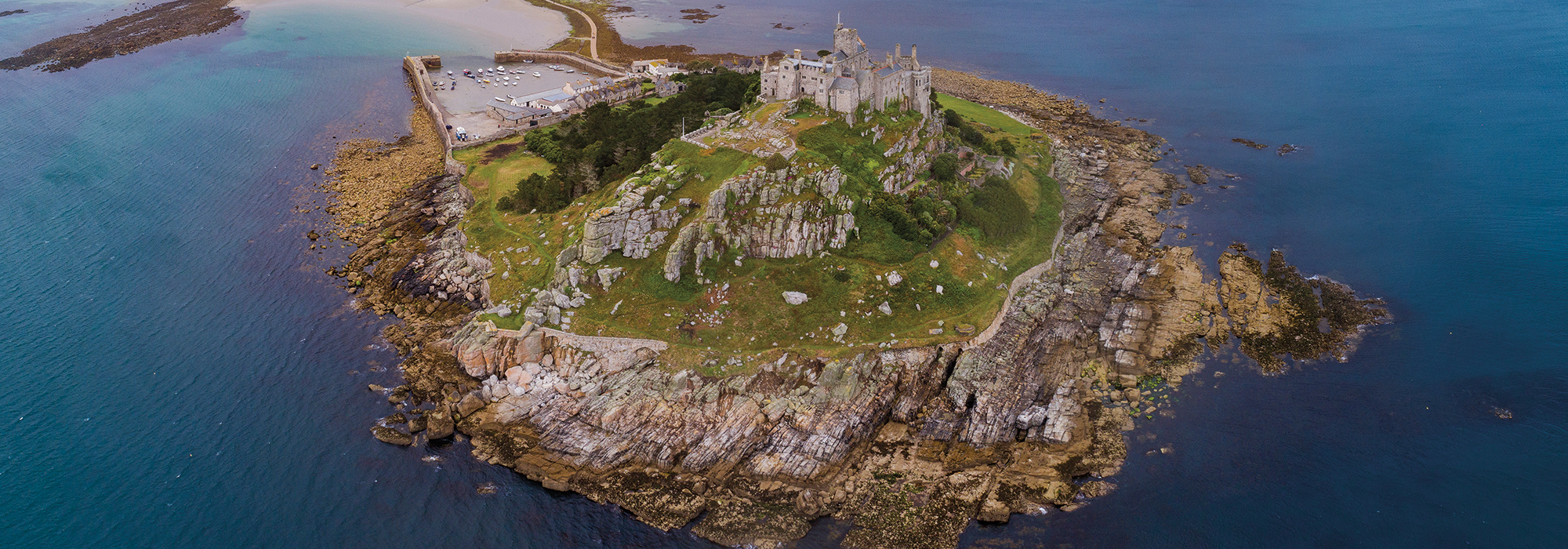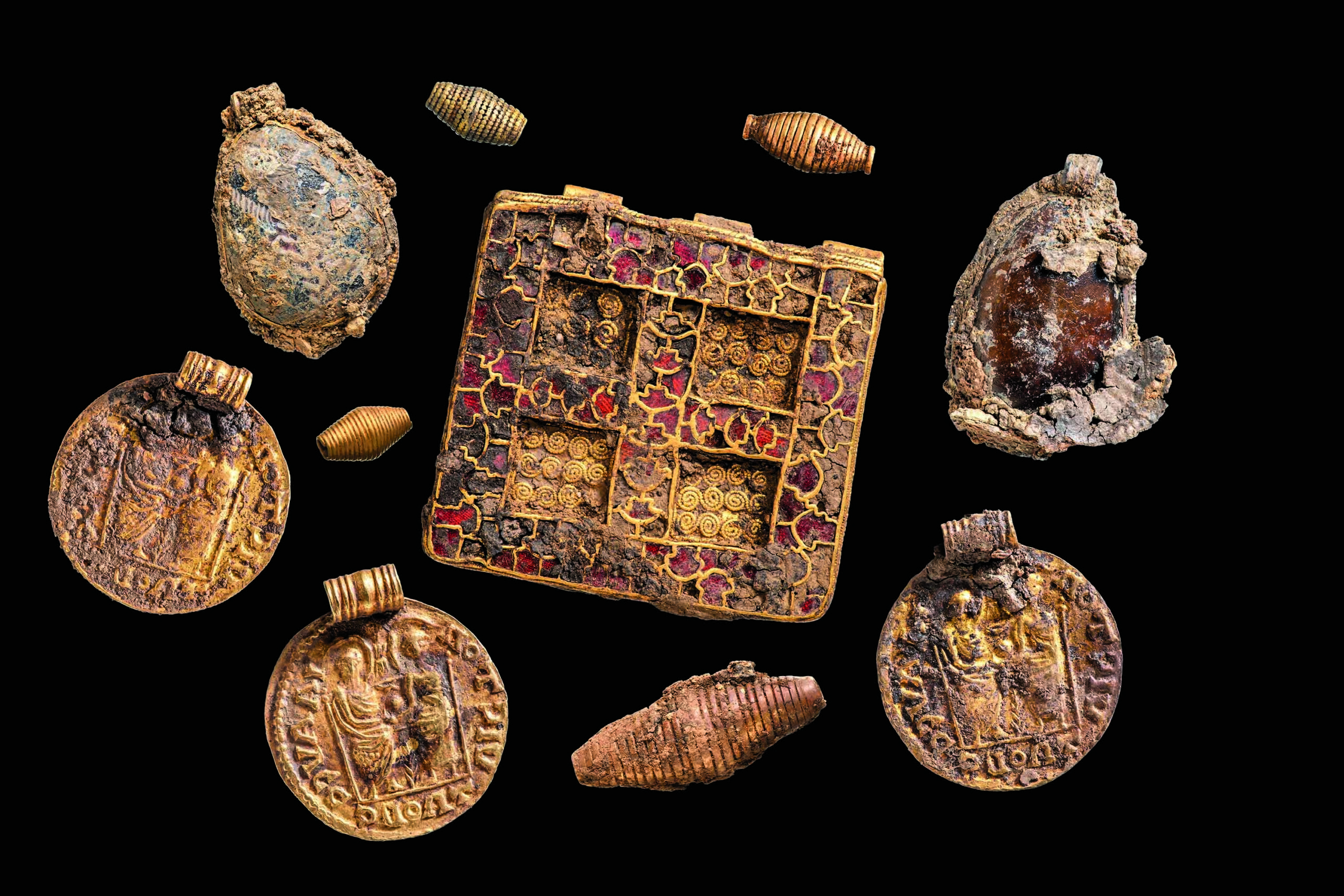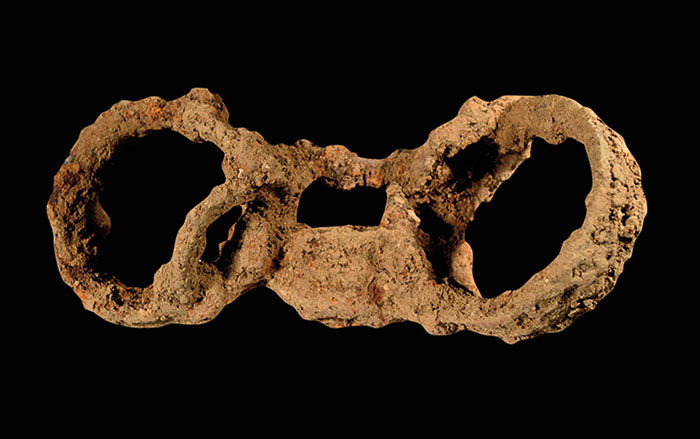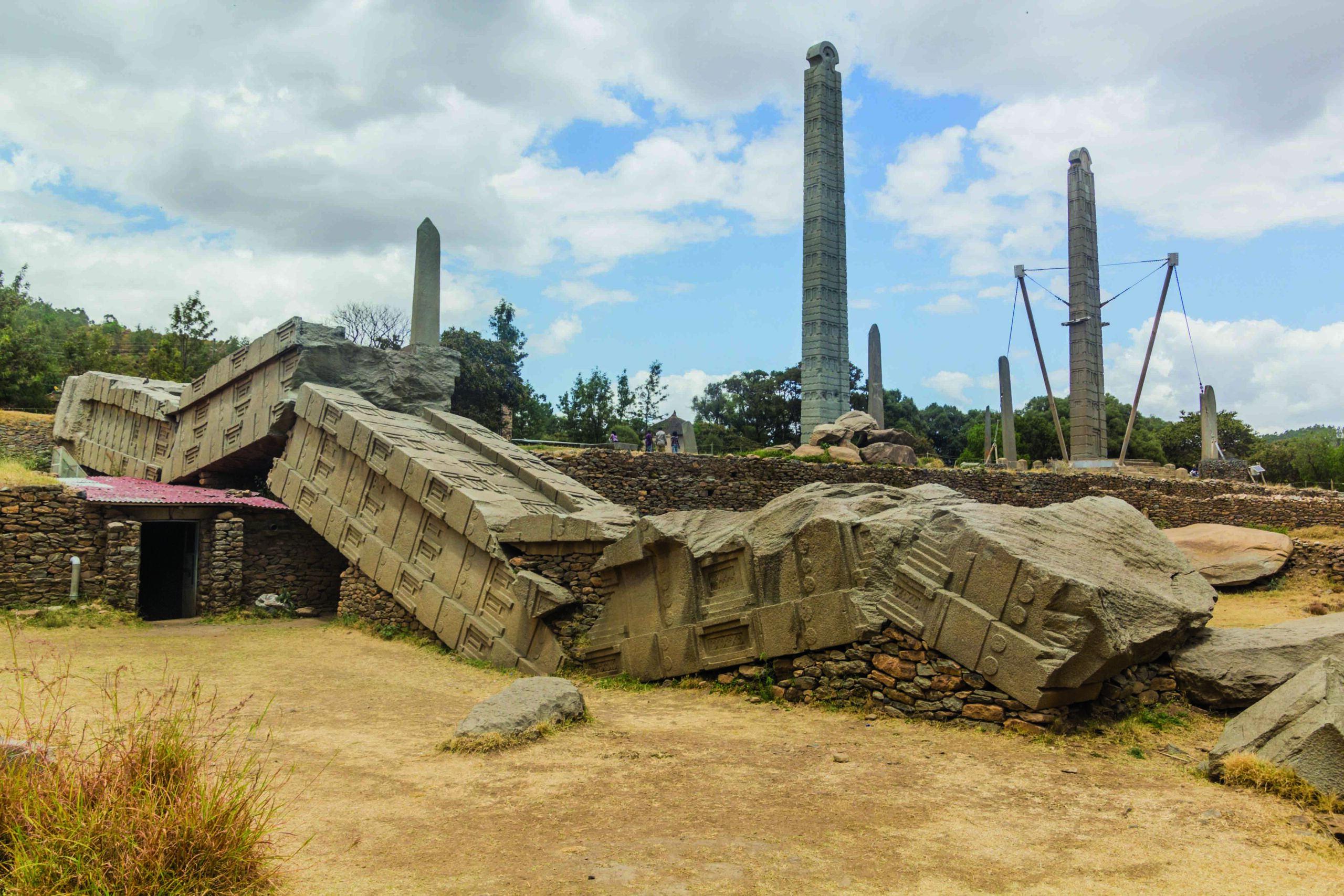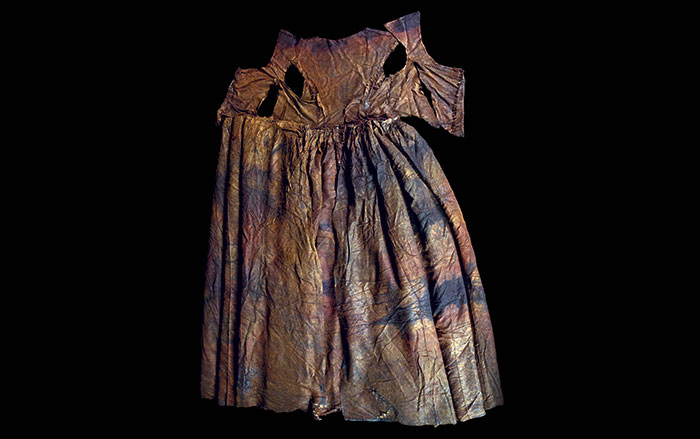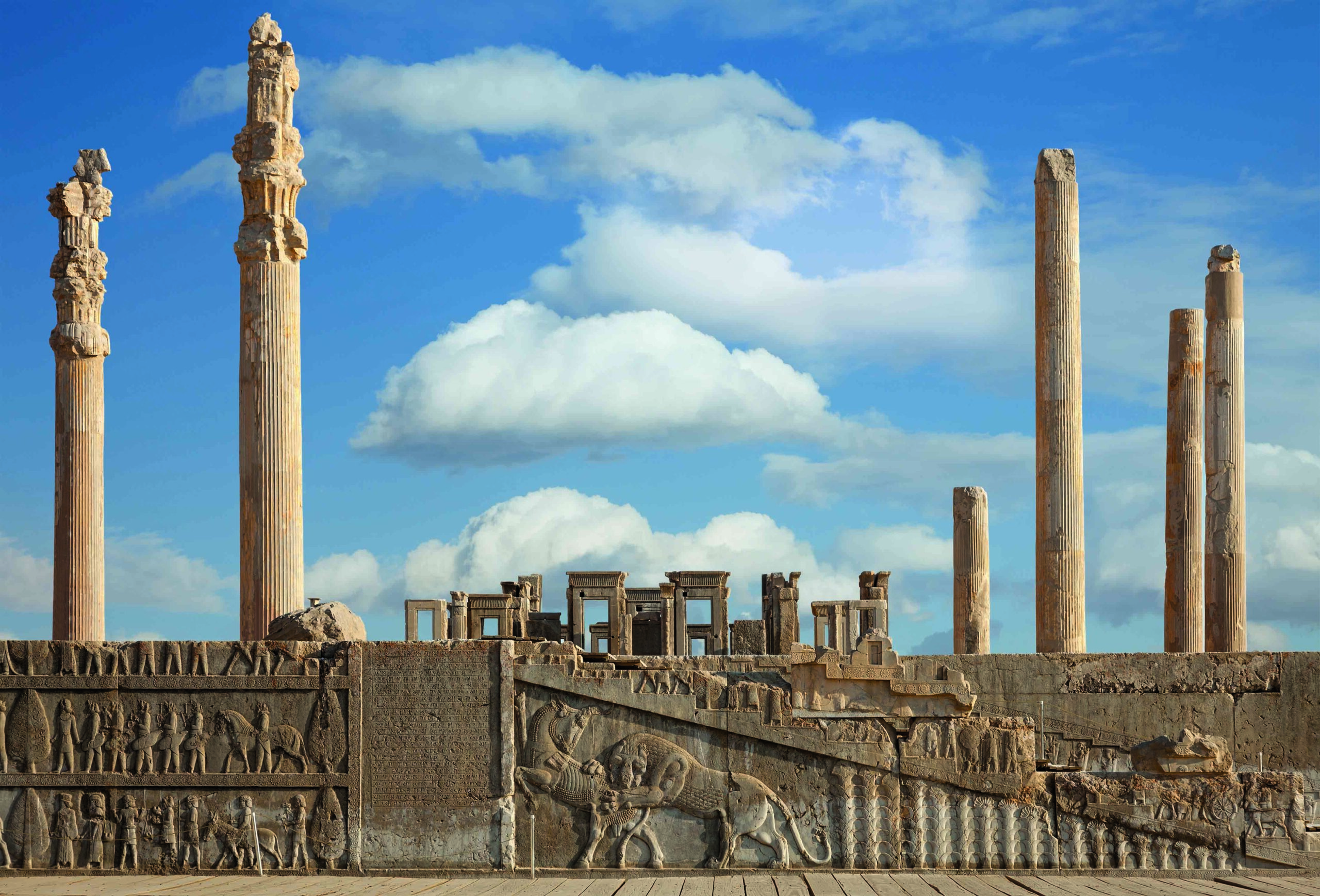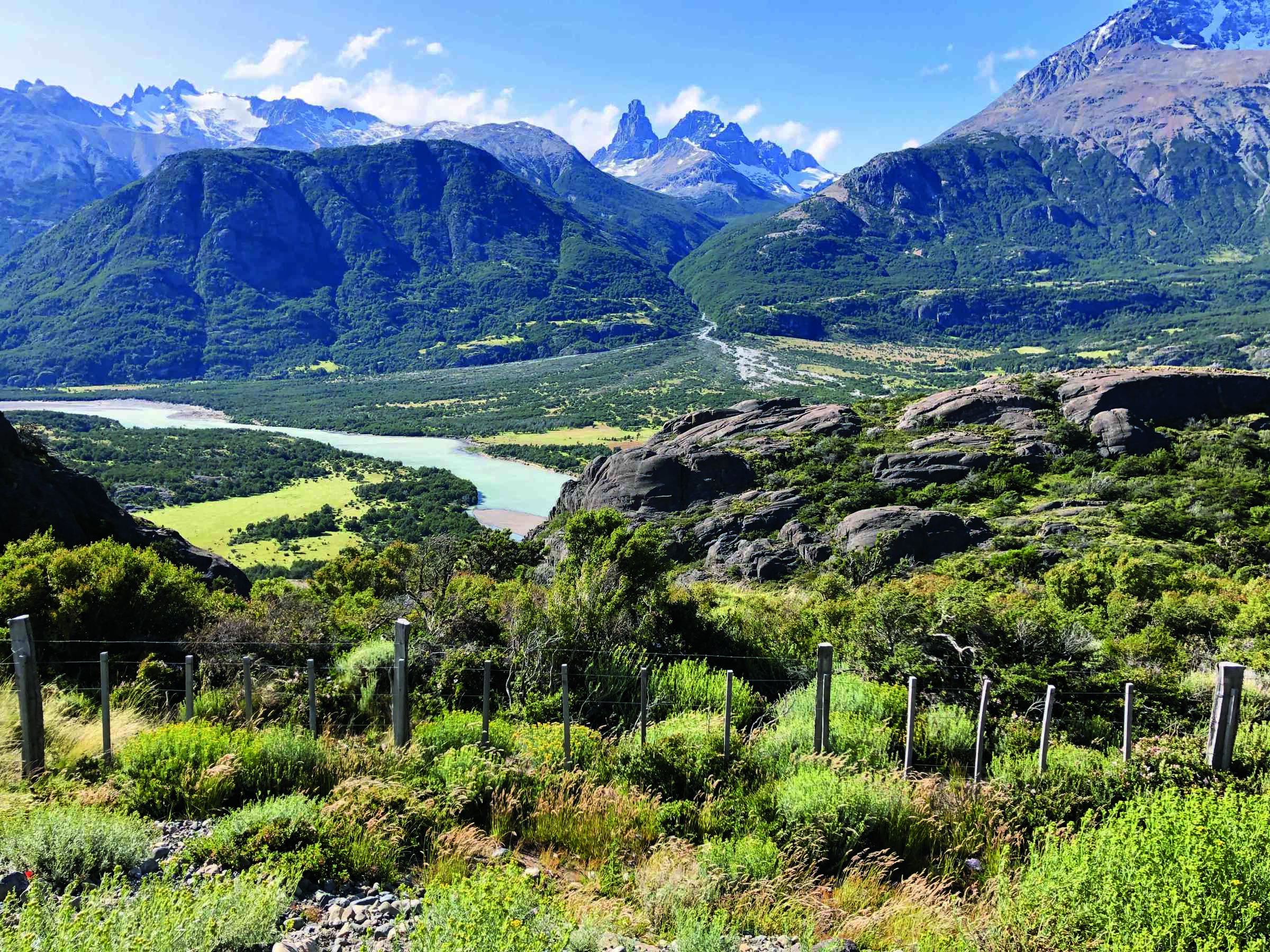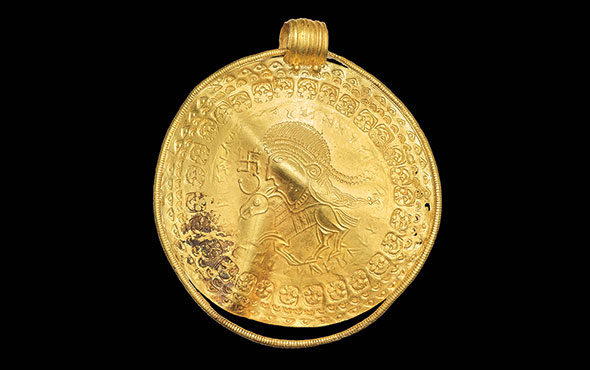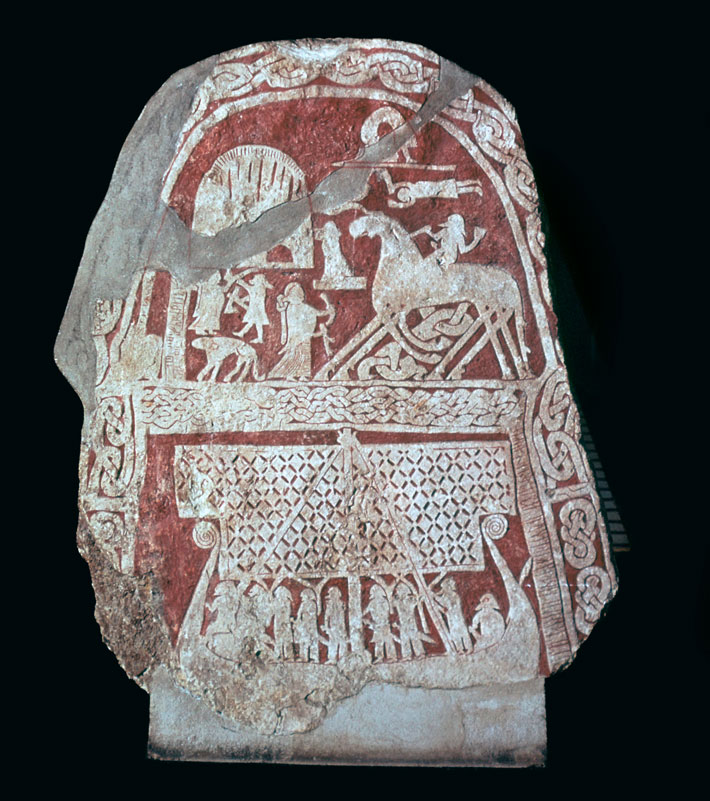
The warriors of the Viking Great Army who campaigned in Britain from A.D. 865 to 878 worshipped gods often associated with animal companions, such as Odin and his eight-legged horse Sleipnir. It seems that some of the army’s leaders may have made the voyage across the North Sea from Scandinavia with their own cherished animals as comrades. A team led by University of Durham archaeologist Tessi Loeffelmann discovered evidence of these travel arrangements while analyzing isotopes of the element strontium in cremated animal bones recovered from Norse burial mounds near the site of the army’s A.D. 873–874 winter camp in Repton. (To read in-depth about the discoveries made at Repton, go to "The Viking Great Army.") Strontium is incorporated into bones and teeth from bedrock via food and water, leaving a distinctive trace of people’s and animals’ geographic origins. In the case of bones of a horse, a dog, and possibly a pig analyzed by Loeffelmann’s team, strontium isotopes showed that all three animals came from Scandinavia. They were likely brought to Britain by high-ranking members of the Viking Great Army. “These individuals knew when they were boarding the ships that they were going to have to fight and face dangerous situations,” says Loeffelmann. “The presence of these familiar animals could have been a source of comfort and strength.”
